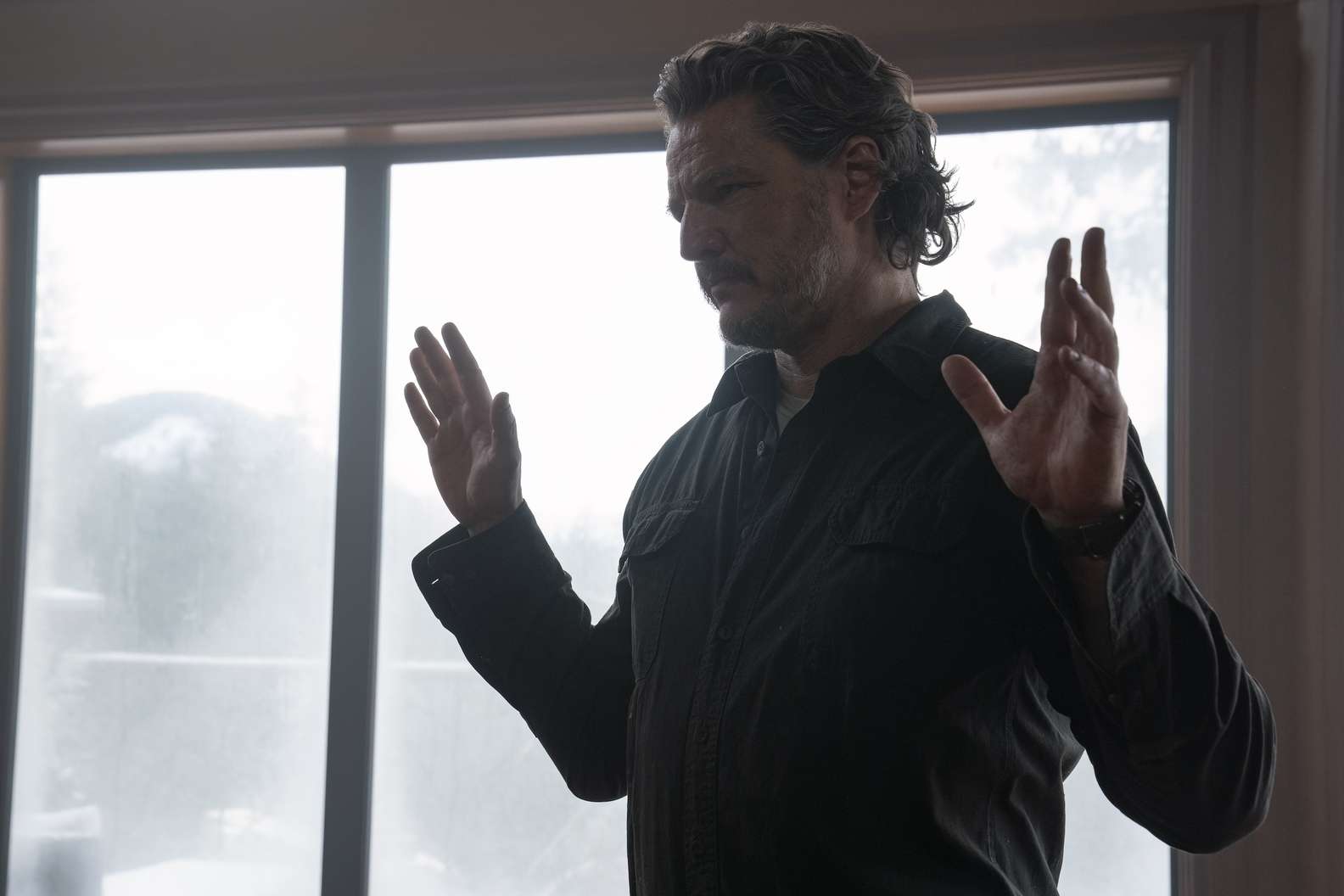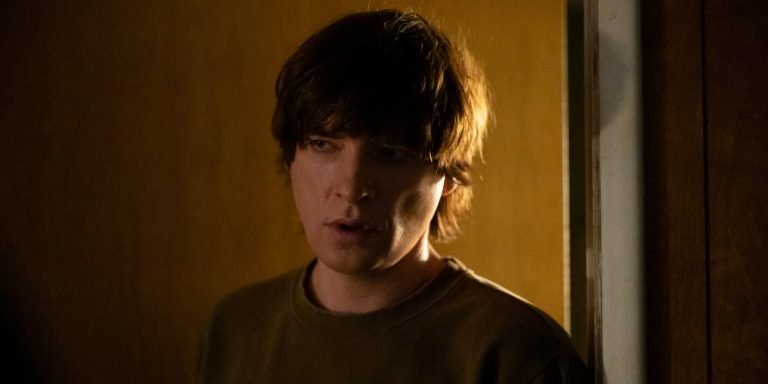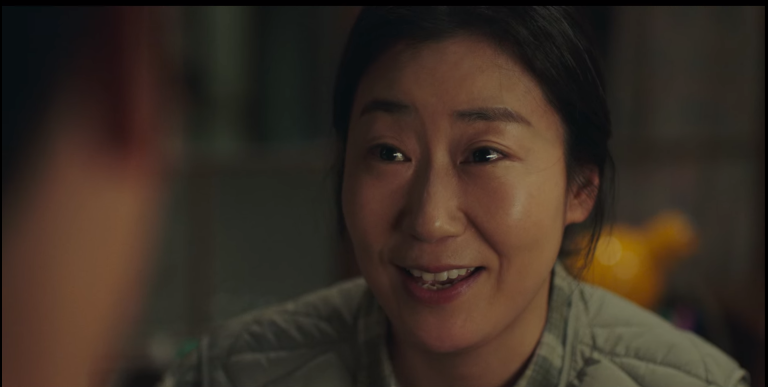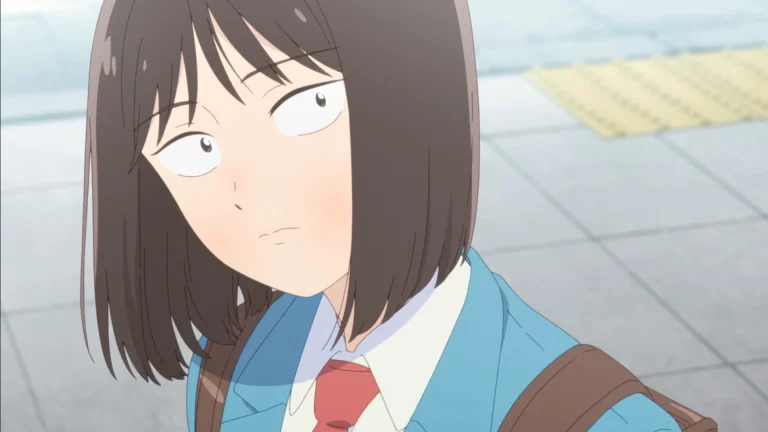This post contains major spoilers for “The Last of Us Part II” and its HBO adaptation. You have been warned.
Joel Miller (Pedro Pascal) is dead in HBO’s “The Last of Us.” This gut-punch of a narrative twist occurs as early as Episode 2 of the latest season, introducing a point of no return for every character involved. For those acquainted with “The Last of Us Part II” — Naughty Dog’s brilliant, controversial follow-up to 2013’s “The Last of Us” — Joel’s death feels like a dreaded inevitability, as it also takes place pretty early on in the game when you least expect it.
While nothing can mimic or eclipse the pit-in-your-stomach horror/shock evoked by Joel’s brutal murder in “Part II,” Craig Mazin and Neil Druckmann’s adaptation pulls off this major moment to equally devastating effect. Although markedly distinct from the scene’s tonal atmosphere in “Part II,” HBO’s “The Last of Us” twists the knife further, reminding us of the fact that nothing will ever be the same.
Comparisons to the game are inevitable, but “Part II” was armed with an element of surprise (or to be more accurate, a sliver of egregious shock value) that made it impossible for players to anticipate Joel’s death. After all, why would “Part II” kill off one of the primary protagonists of the series, that too in such a visceral, brutal manner devoid of grace? However, once the haze of grief and rage recedes, it becomes clear that Joel’s murder is embedded into the sequel’s ethos, without which, “Part II” wouldn’t exist in the first place.
After all, it was only a matter of time before Joel’s violent rampage in the hospital, where he had consciously gunned down dozens to save Ellie (embodied by Bella Ramsey in the show), would put a target on his back and brand him as a ruthless killer. Joel did kill several people over the years, no matter the reason, including the unarmed doctor who was supposed to operate on Ellie for the supposed cure.
Moreover, the survival-fueled brutality of a post-apocalyptic world doesn’t hold space for sentiments like forgiveness or mercy. The fact that someone like Abby (Kaitlyn Dever) would eventually come to kill Joel for his horrific actions is as inevitable as Ellie’s heartbreaking journey down a path of blind rage and revenge in “Part II.” It is an uncompromising character arc that is tough to stomach, as Ellie mirrors Joel’s brand of vicious survival, coming uncomfortably close to losing everyone she loves in exchange for making Abby pay.

The crux of tragedy in “The Last of Us” Season 2 has already been cemented two episodes in, as the show rearranges aspects of the incident to ensure that the impact of the killing blow keeps ringing in our ears. For starters, Tommy (Gabriel Luna) is absent during the horrific kill scene, as the series trades his presence for Dina (Isabel Merced), who is drugged right before she realizes what is about to happen.
Although the impact of this switch is rather mixed, Tommy’s bravado during the Jackson siege (which doesn’t happen in the game) fleshes out his character beyond his connection to Joel. It also adds a tragic layer to the character, as he never gets the chance to say goodbye to his brother or do anything to save him. Although “Part II” Tommy is unable to stop Joel from dying despite being present, Luna’s Tommy will now be plagued by the regret-tinged hope that his presence might have made all the difference.
What about Abby, whom Dever portrays with a simmering anguish that is both complex and jarring? The series might’ve swerved away from Abby’s physicality in the game (which emerges as a symbol of her obsession with revenge), but this change does little to take away from the gravity of the Abby-Joel confrontation. She’s as mercilessly driven to torture Joel while reminding him of his callous cruelty, holding up a mirror to his soul moments before she clubs him to death. Ellie witnesses this ruthless act of revenge, but is robbed of any agency while being held down and forced to watch the person she loves die a dog’s death.
Druckmann and Mazin make no attempts to soften the devastation of the immediate aftermath: we watch a traumatized and grief-stricken Ellie crawl to Joel while being grievously injured, silently hoping to die there with him. Even though their relationship turned sour over the years, what child would want to live in a world devoid of the only parental figure they love and trust without condition, despite everything?
Ellie’s compounded survivor’s guilt already shaped her adolescence and newfound adulthood, but Joel’s death tips every semblance of restraint and tender hope over the edge. She might harbor complicated feelings about his actions at the hospital, but these instincts are overwritten by the loss of the only person who knows who she truly is. Grief changes the best of us, and “The Last of Us” is ultimately about the abysmal lows of the grieving process, where things can often get messy and ugly, where grace can feel as strange as the sudden and permanent absence of someone you love so dearly.
HBO’s “The Last of Us” has finally relegated Joel Miller to the realm of painful, bittersweet memories, some of which will rush back to haunt Ellie as the series progresses. While it is tempting to draw side-by-side comparisons between the game and the show’s approach to this death, what matters most is how this moment makes us feel and how it will transform the DNA of the adaptation. “The Last of Us” has always been Ellie’s story, even if Joel is meant to constitute a significant, irreplaceable chunk of her journey. If anything, Joel’s absence underlines how essential he is to Ellie, despite being a terribly flawed, broken shell of a man who robbed her of an essential choice in a desperate attempt to save her. Now that he’s gone, Ellie remains unmoored, untethered in a world where the infected aren’t the worst aspects of human mutation and evolution.
“The Last of Us” Season 2 is currently streaming on HBO.




![Apostle [2018] Review: Has All the Hallmarks of a Cult Classic](https://79468c92.delivery.rocketcdn.me/wp-content/uploads/2018/10/APOSTLE_HOF_NEFLIX-768x432.jpg)



